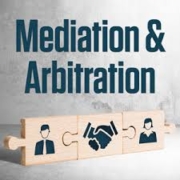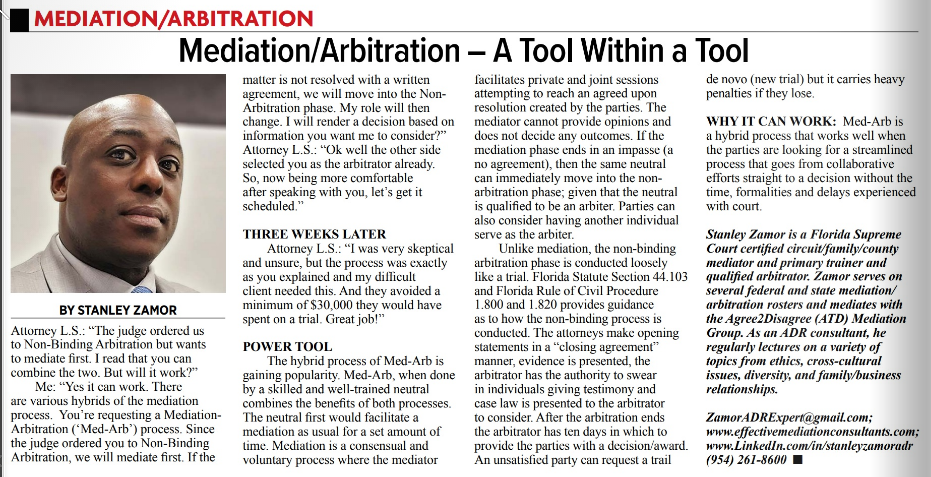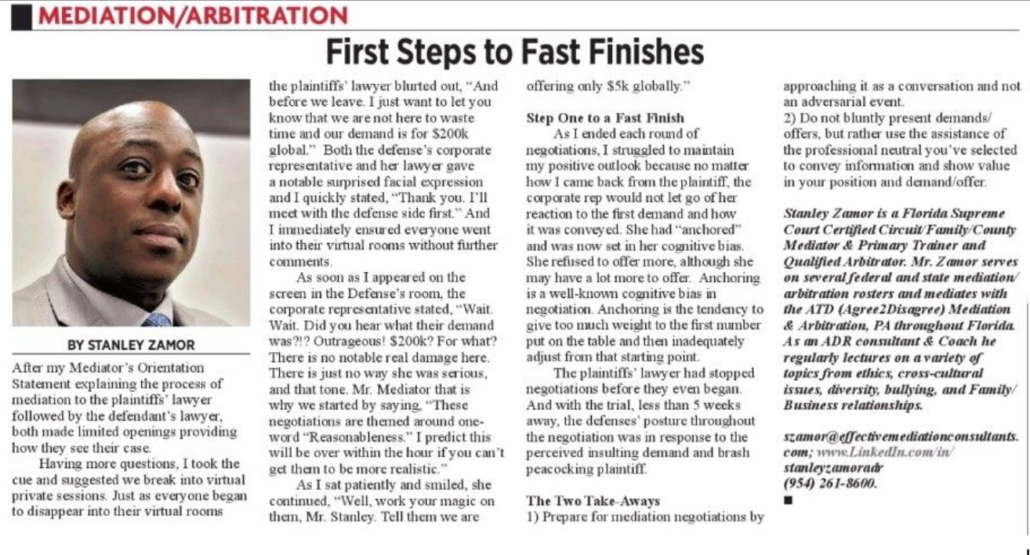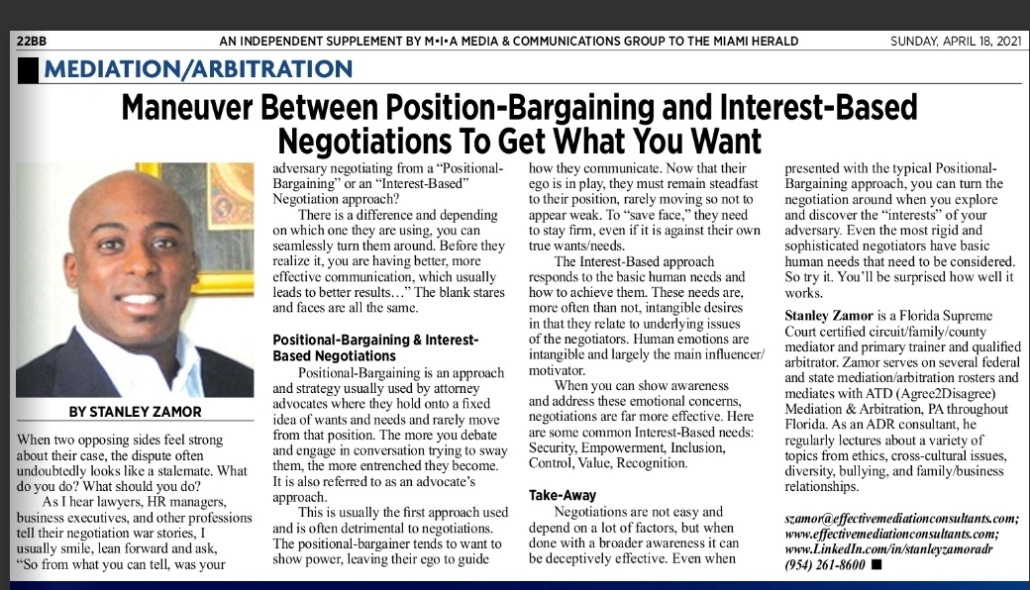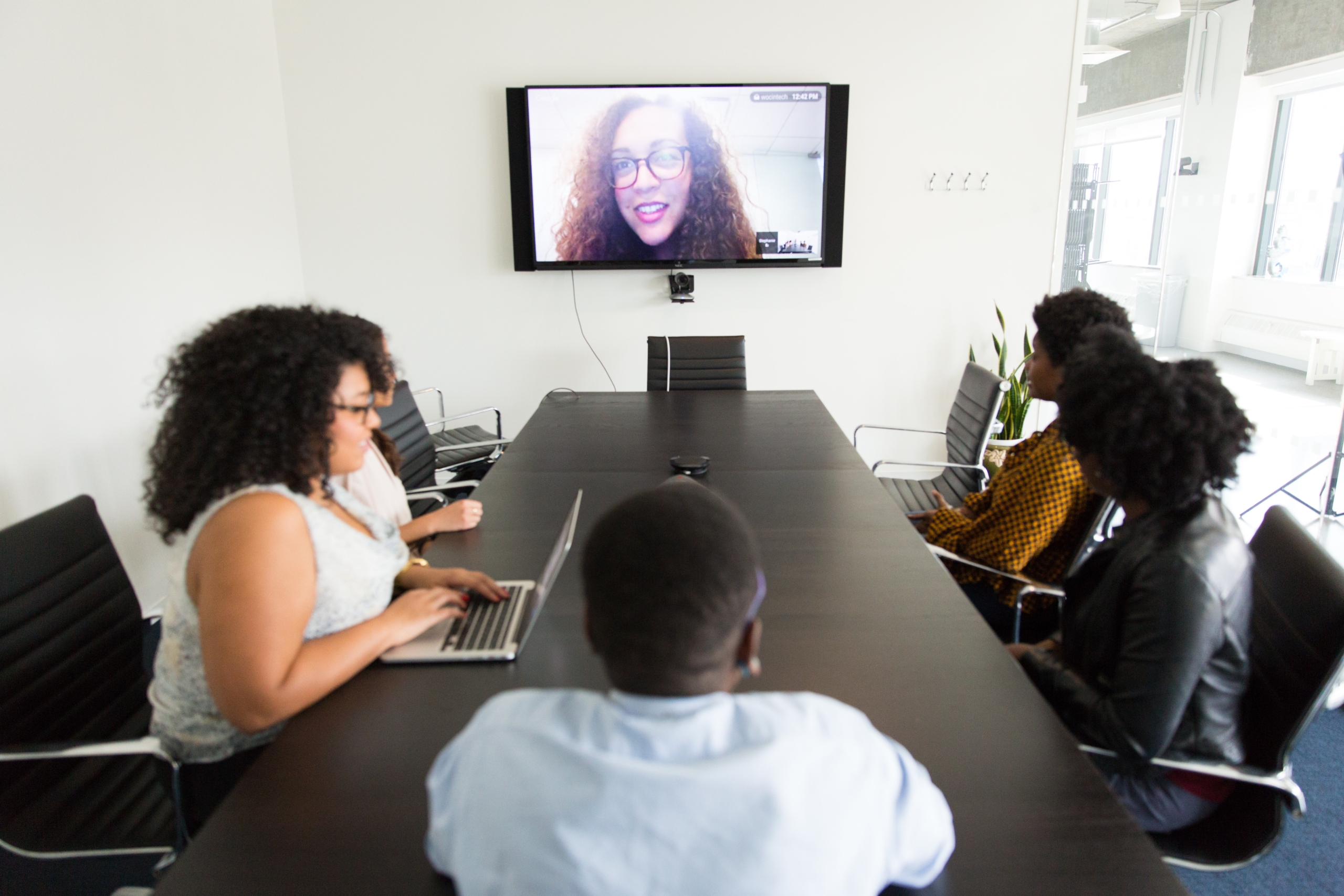A Companion Piece By Friend and Colleague John Freud: “Turning Water into Wine”
By John S. Freud
“Be like water making its way through cracks. Do not be assertive, but adjust to the object, and you shall find a way around or through it. If nothing within you stays rigid, outward things will disclose themselves…”
–Bruce Lee
[1] This is a companion piece to “Mediate, Like Water My Friend – Reflecting on Bruce Lee” By Stanley Zamor, September 2022
Miracles don’t just happen. They occur, and are then revealed. For many if not most of us, we must take a giant leap of faith to even begin to be open to the possibility that Miracles can, or could, happen. Others might argue that Miracles are present for those that choose to acknowledge or recognize the “miraculous” for what it is, or may be – an unexplained phenomenon for which there is no easy answer as to how or why it seemingly, or simply, is.
Christ’s Turning Water Into Wine story (John 2:1-11) is, to his believers, a seminal example of the “miraculous”. But whether miraculous or not, is interestingly, not the point. It’s the Belief in the metaphorical outcome of the story that provides the enduringly powerful message to all of us, rather than its historical accuracy or its factual efficacy. And that message is, anything is possible.
Which leads us to Bruce Lee. The analogy is not a stretch. Imaging we are “ water making its way through cracks” might seem at first blush farfetched. Just like Jesus turning water into wine. But the sentiments underlying both images are the same. Anything is possible. What Lee does – and what Jesus omits – is how to make anything possible:
“Do not be assertive, but adjust to the object…nothing within you stays rigid…”
Lee’s “how to” admonitions may be summed up thusly – when adversity comes calling, rather than stiffening your response, soften your resolve. One “shall find a way around or through” adversity or deep conflict in mediation – “like water finding its way through cracks” – until suddenly “outward things will disclose themselves”. In a negotiation in mediation, the disclosure of “outward things” – drivers of decision making by principals, motivation of lawyers and insurers, and the like – must reveal themselves in order to find the space necessary for compromise. Belief – and its discontents – must give way to decision-making that opens parties in deep conflict to the possibility for “anything is possible”, which in mediation includes voluntary resolution of the dispute.
Is the mediation environment a crucible for miracles, or as the saying goes, “mediation magic”? No. However, it can be, with fully engaged participants and a skilled mediator committed to “anything is possible”, an environment where unexpected, voluntary resolutions for parties in conflict “disclose themselves”.
If that is Turning Water Into Wine, I’ll have a glass of your finest!
John S. Freud, Esquire, is a Florida Supreme Court Certified County/Circuit/Appellate Mediator, Master Trainer; NADN – Executive Board Member; Texas Mediator Credentialing Association, Credentialed Distinguished Mediator; Nationally Certified Construction Dispute Resolution Services, LLC, mediator (see, johnfreud@cdrsllc.com)






